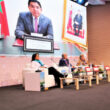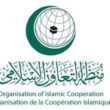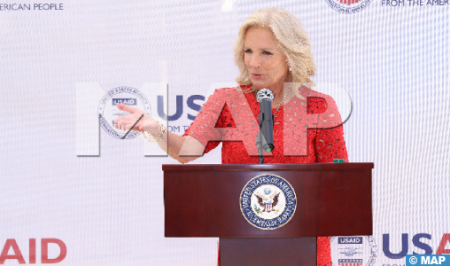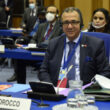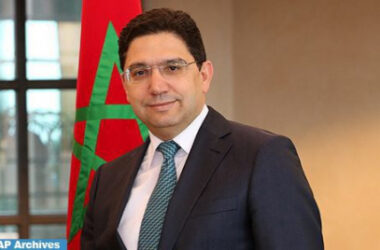The visit, part of a six-day tour of the Middle East, North Africa and Europe aimed at strengthening partnerships and promoting shared priorities in the region on behalf of the United States of America, was an opportunity to highlight, once again, the close and exemplary relations of partnership and friendship that have always linked the Kingdom of Morocco and the United States of America.
“The United States is grateful for its centuries-old partnership and friendship with Morocco,” the First Lady of the United States said in a speech in Marrakech on Sunday, praising at the same time the leadership of His Majesty King Mohammed VI in empowering women and young people.
The First Lady of the United States also recalled having been “graciously welcomed” on her arrival in Marrakech on Saturday afternoon by Her Royal Highness Princess Lalla Hasnaa.
“And as we got to know each other, she told me about Her work to raise awareness among children and young people of the importance of protecting the environment”, noted Mrs. Biden, who said she was “inspired by Her Royal Highness’s passion.”
“I’m inspired to relay His story when I return to the U.S., as part of our efforts to capitalize on opportunities to learn from each other. Because our world is bound together in so many ways, and shared values are the foundation on which our future should be built,” she said.
During her stay in the Kingdom, on Sunday the First Lady of the United States visited the Medersa Ben Youssef, an iconic historical and educational institution located in the heart of Marrakech’s ancient Medina, where she exchanged views with a group of young people on Moroccan culture and civic engagement.
Jill Biden then visited the Association Ennakhil pour la Femme et l’Enfant (AEFE) to learn more about its programs to help women and girls in difficult circumstances.
During her visit, the First Lady of the United States met the staff and participants of two programs funded by the United States Agency for International Development (USAID).
Valued at $820,000, the first program aims to expand support services for women victims of gender-based violence. The program includes the creation and launch of a mobile application enabling virtual consultations, as well as the setting up of a solidarity restaurant where women are actively involved in vocational training.
The second program involves six cooperatives that have received cash grants under the cooperative financing program.
Worth $18 million, this initiative was implemented by GiveDirectly, in partnership with the National Initiative for Human Development (INDH). The program directly supports 1,400 Moroccan cooperatives economically impacted by various shocks such as COVID-19, climate change, drought and inflation, helping them to boost production, improve their livelihoods and become more resilient.
On Monday, Jill Biden visited the Ibn Al Aarif Collegiate High School, which has benefited from the “Secondary Education” project.
Implemented in partnership with the Ministry of National Education, Preschool and Sports, and supported under the “Compact II” cooperation program between the Government of the Kingdom of Morocco and the Government of the United States of America, the $112 million project has benefited 90 public schools in the Marrakech-Safi, Fez-Meknes and Tangier-Tetouan-Al Hoceima regions.
During her visit, the First Lady of the United States met with students, teachers and staff at the Collegiate High School, and was impressed by the school’s various capacity-building clubs, including the Robotics and Life Skills Clubs.


